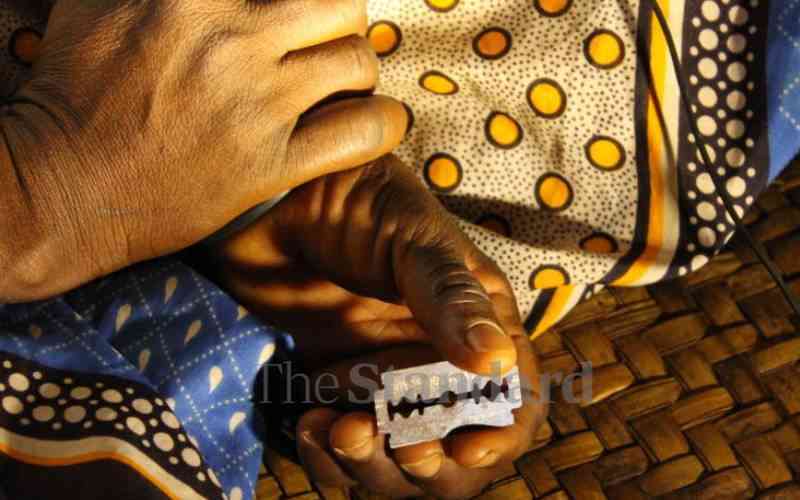×
The Standard e-Paper
Join Thousands Daily

Education plays a key role in reducing FGM, with only 5.9 per cent of women who have post-secondary education circumcised compared to a whopping 56.3 per cent of women with no education. [Lucy Murunga, Standard]
The country's intense campaign to end female genital mutilation appears to be bearing fruit with a new report indicating that the prevalence of the practice declined from 38 per cent in 1998 to 15 per cent in 2022, a 23 per cent drop in a quarter century.